C21U researchers presented their findings to Digital Credentials Consortium (DCC), a collective of higher education institutions across North America and Europe working together on building the digital credentialing infrastructure for education systems of the future.
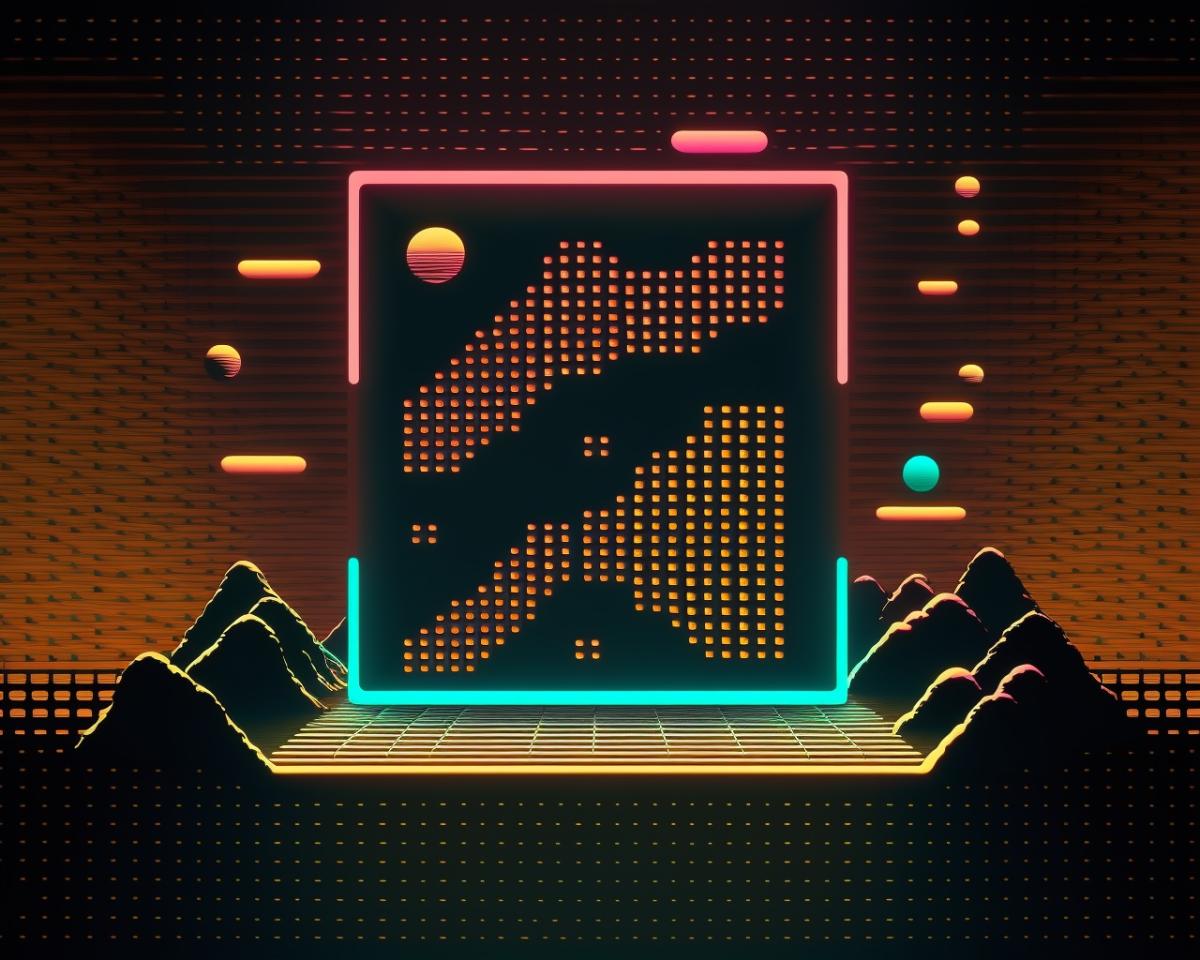
The Digital Credentials Consortium (DCC) hosted a successful community call on Thursday, March 9 from 1-2 PM ET featuring special guests Jonna Lee, Yugvir Parhar and Kshitij Gupta from Georgia Tech's Center for 21st Century Universities (C21U).
C21U is a living laboratory at Georgia Tech that aims to bring impactful resources and technologies to learners through research, thought leadership, educational technology design and implementation, and community building. During the call, Yugvir and Kshitij presented their findings from Employer Connect, a research project exploring perceptions of digital credentials from the perspective of employers, hiring managers, and job seekers.
Attendees gained valuable insights on the barriers to adoption and the usability of digital credentialing technology, including the DCC Learner Credential Wallet. The event provided an opportunity for the community to learn more about the current state of digital credentialing and engage with experts in the field. Findings amplified the needs for common language regarding credential authenticity and demonstrated skill-sets.
"We were honored to have Jonna, Yugvir, and Kshitij present to the DCC community call," said Eric Sembrat, Director of Digital Learning Technologies at Georgia Tech's C21U. "Their research is instrumental in shaping the future of digital credentialing, and we were thrilled to have them share their insights with the community."
The community call was open to the public, and attendees were able to register for the event by visiting the Digital Credentials Consortium website.
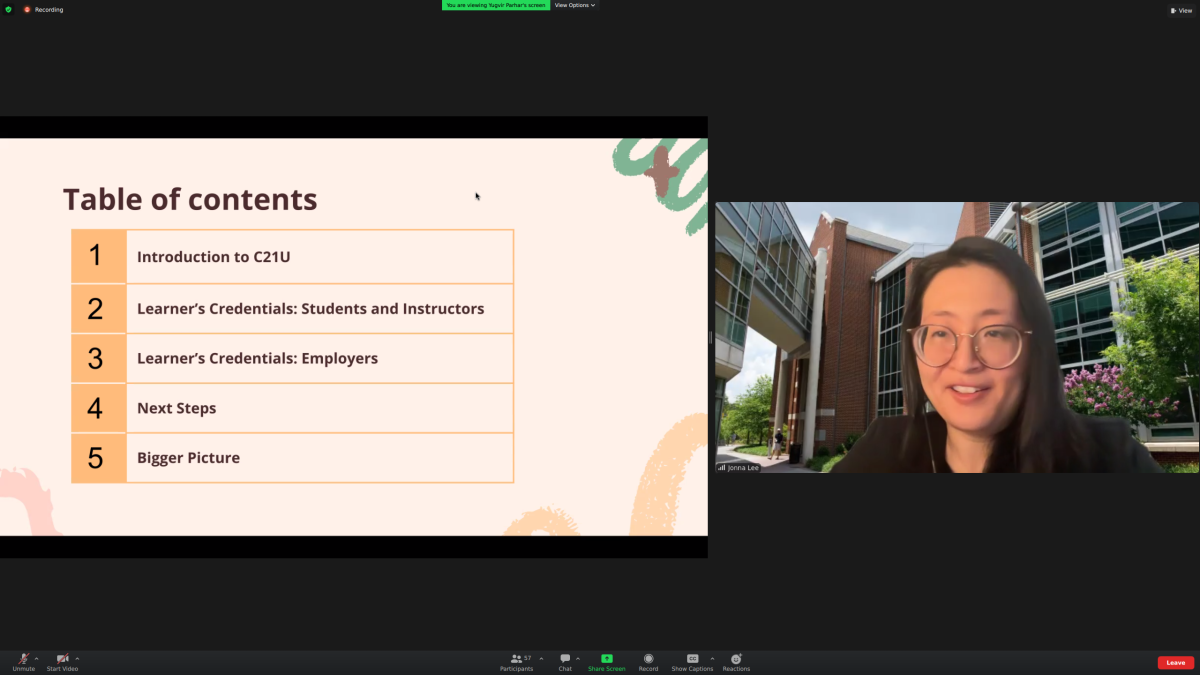
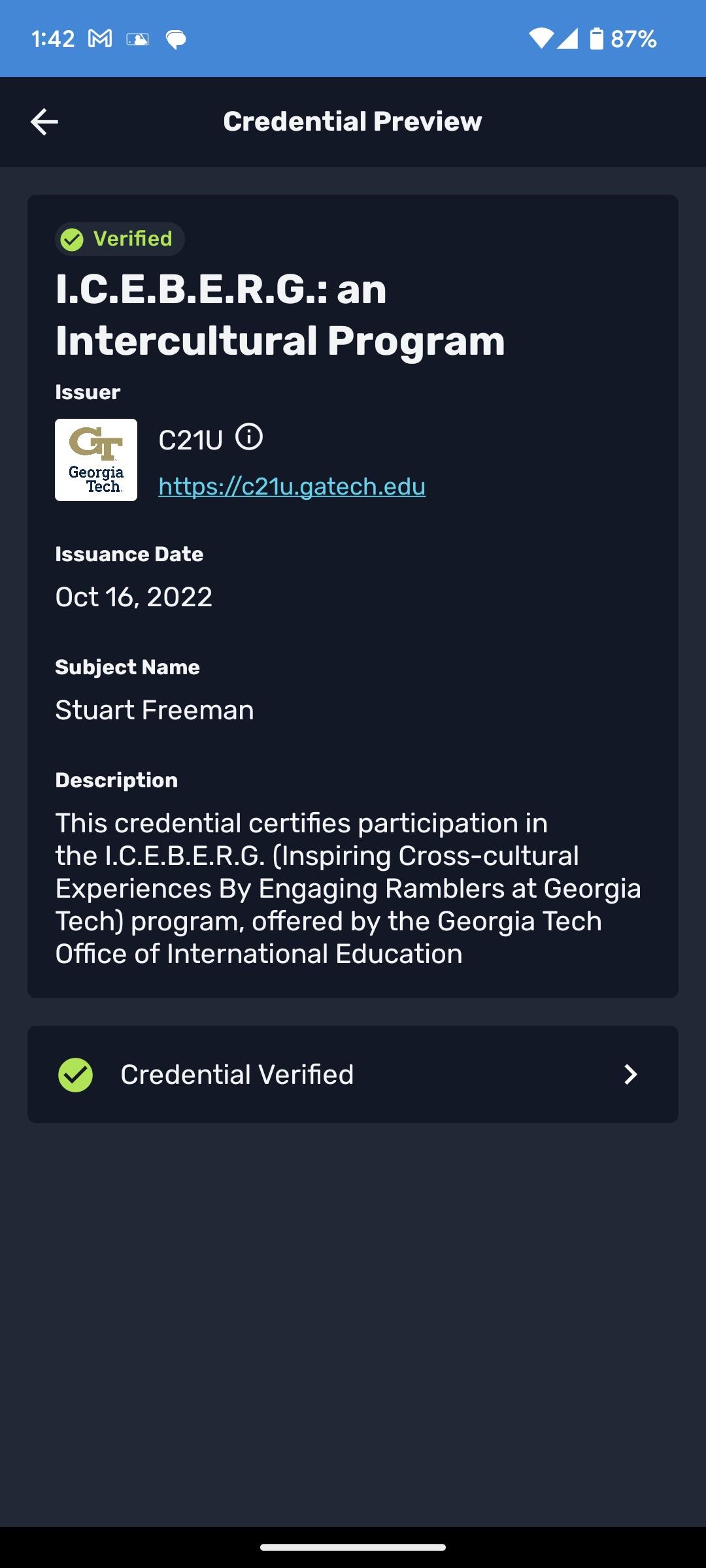
An example screenshot of an accepted and verified credential for Georgia Tech's ICEBERG program within the Office of International Education.
(text and background only visible when logged in)
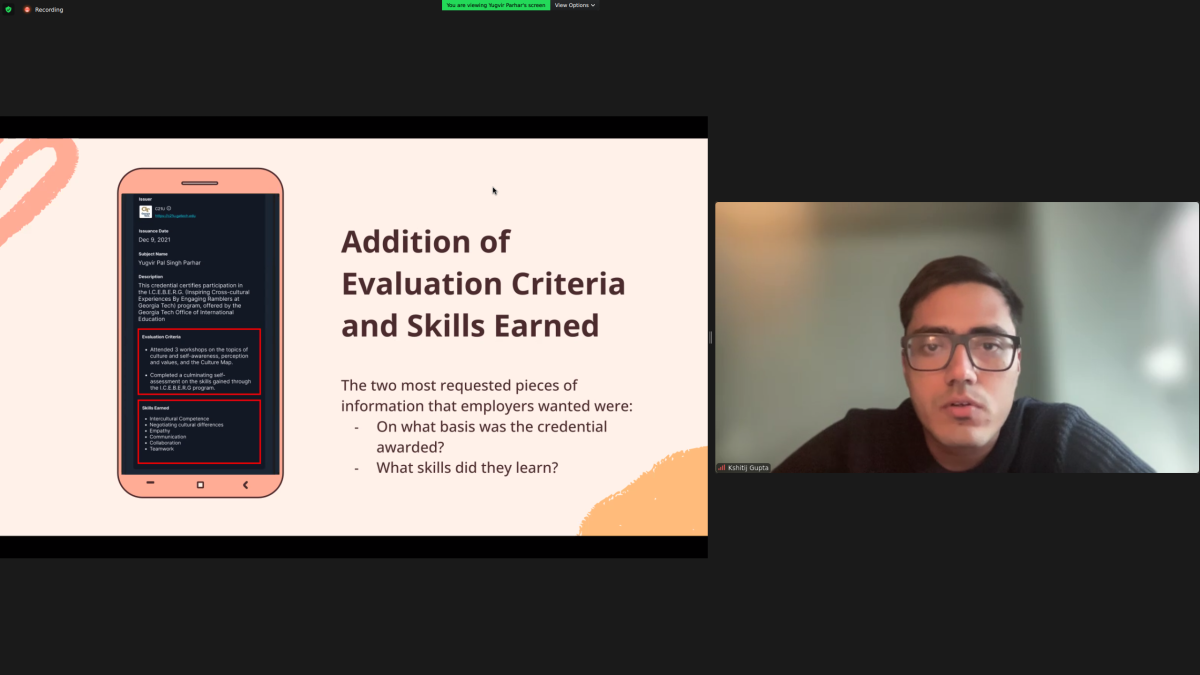
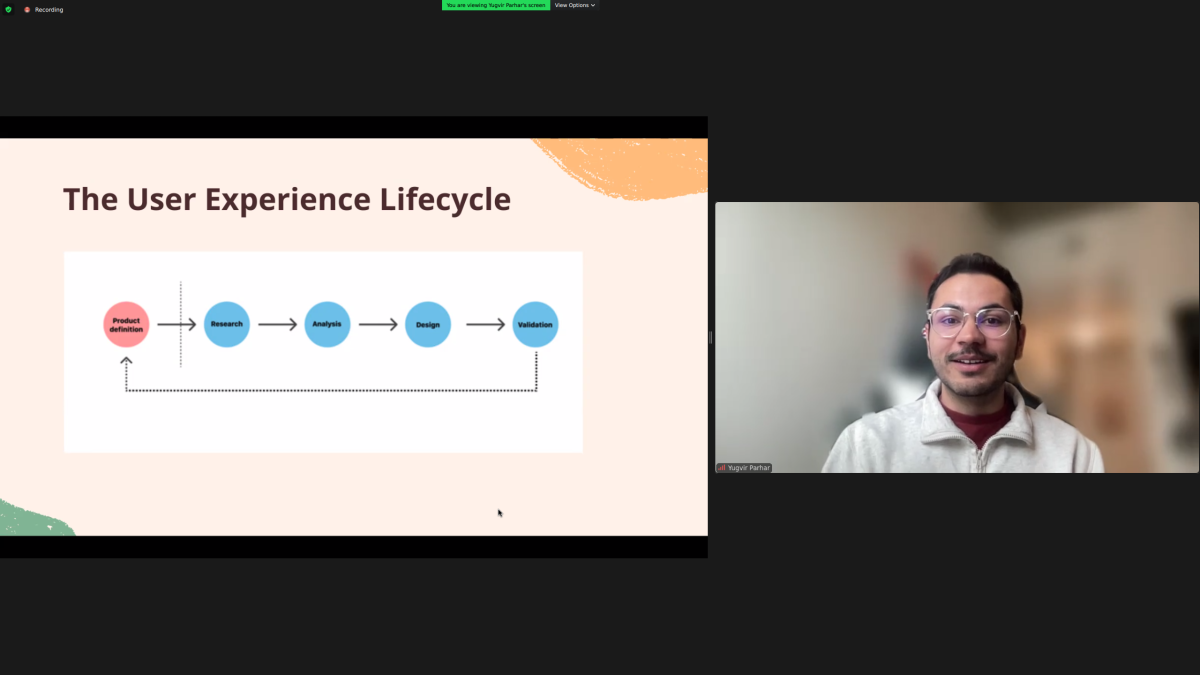
Presentation media

Georgia Tech, C21U, & Digital Credentials
Georgia Tech's focus on digital credential research is highly valuable in today's rapidly evolving job market. As technology continues to transform industries and job requirements, traditional credentials such as degrees and certifications may not fully reflect an individual's skills and abilities. Digital credentials, on the other hand, offer a more granular and dynamic representation of one's competencies, allowing for a more accurate assessment of their abilities. This can benefit both job seekers and employers, as digital credentials can provide a more efficient and effective way to match candidates with the right job opportunities. Additionally, digital credentials can enable lifelong learning and upskilling, allowing individuals to continuously develop and enhance their skills over time.
Overall, Georgia Tech's investment in digital credential research reflects a commitment to addressing the needs of a changing workforce and helping individuals succeed in today's dynamic job market.
Digital Credentials at Georgia Tech
Digital credentials such as digital diplomas and other learning and employment records give learners ownership and control of their academic records, enable portability, and support the pursuit of economic opportunity. They also allow better matching of applicants with jobs, ultimately benefiting workers and employers. C21U's digital learning team is leading the way to bring this vision to life.
W3C Verifiable Credentials for Education Task Force
The Verifiable Credentials for Education Task Force explores the use of Verifiable Credentials that represent education, employment, and achievement credentials, including pursuing data model recommendations that demonstrate alignment with the VC model, usage guidelines, and best practices.

